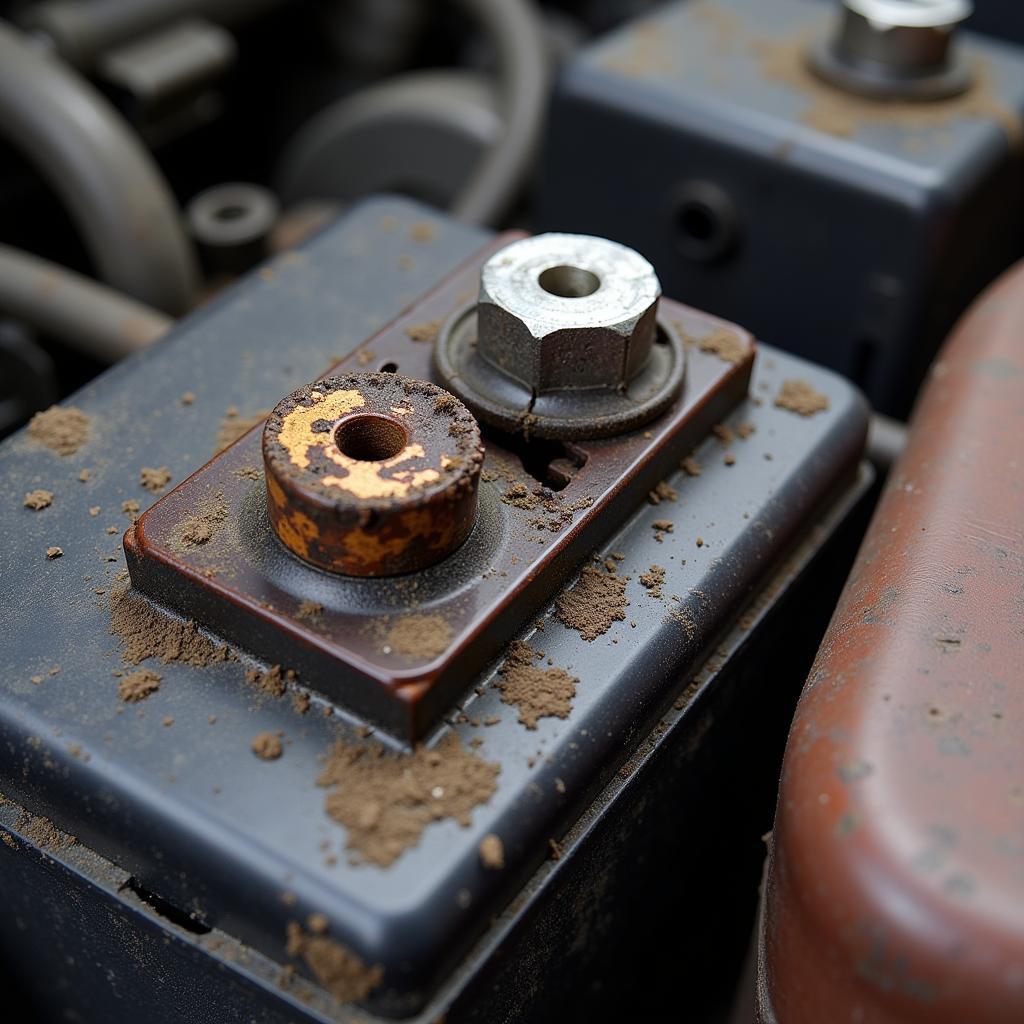Modern cars are complex machines with intricate systems, and it’s no secret they can sometimes run into problems. Why Do Cars Have So Many Problems? Several factors contribute, ranging from the sheer number of interconnected parts to advancements in technology, driving habits, and even environmental factors. Understanding these reasons can help car owners be more proactive with maintenance and troubleshooting.
Do you remember the days of simpler car engines? Now, vehicles are packed with advanced technology, from computer-controlled systems to intricate safety features. While these advancements enhance performance, safety, and comfort, they also introduce more potential points of failure. A single malfunctioning sensor can trigger a cascade of issues, leaving drivers scratching their heads. Beyond the technological complexity, factors like driving habits, maintenance schedules, and even the environment play a significant role in a car’s reliability. Let’s dive deeper into these aspects and explore some solutions.
The Impact of Technology on Car Problems
Modern cars are essentially rolling computers. Features like adaptive cruise control, lane departure warning, and automatic emergency braking rely on a complex network of sensors, actuators, and software. While these technologies offer significant benefits, they also increase the complexity of the vehicle and, consequently, the potential for problems. Even simple features like power windows and heated seats rely on motors, switches, and wiring that can malfunction over time. Ever experienced a persistent check engine light? It’s often a sign of a sensor issue, a common problem in technologically advanced vehicles. For instance, the problems with car not starting can often be attributed to a faulty sensor or a complex electronic control unit.
One key area prone to issues is the car’s electrical system. From the alternator to the battery, these components are crucial for starting and running the vehicle. Problems in this area, such as a failing alternator or a corroded battery terminal, can lead to a variety of problems, including the car won’t start even after jump common problems scenario. Addressing these electrical issues promptly is essential to avoid further complications.
 Car Electrical System Problems
Car Electrical System Problems
Driving Habits and Maintenance: Your Role in Car Reliability
Believe it or not, your driving style and maintenance routine significantly impact the longevity and reliability of your vehicle. Aggressive driving, such as rapid acceleration and hard braking, puts extra strain on engine components, brakes, and tires. Neglecting regular maintenance, like oil changes and tire rotations, can also lead to premature wear and tear. Think of it like this: would you expect your body to function optimally without proper nutrition and exercise? Your car is no different. Consistent care and mindful driving can prevent many common car problems.
“Regular maintenance is like brushing your teeth for your car,” says automotive expert, Robert Johnson. “It might seem tedious, but it prevents bigger problems down the road.”
Why is my Car so Problematic? Environmental Factors and Their Impact
Environmental factors also play a role in car problems. Extreme temperatures, harsh weather conditions, and even road salt can corrode metal parts, damage paint, and affect the performance of various systems. Living in a coastal area with high humidity can accelerate rust formation, while extreme cold can strain the battery and other components. Understanding the specific challenges posed by your environment can help you take preventative measures and protect your vehicle.
“Cars are constantly exposed to the elements,” explains mechanical engineer, Sarah Chen. “Protecting your car from harsh environmental conditions is crucial for maintaining its reliability.” Thinking about getting a used car? The used cars become expensive problem is impacting many buyers, and considering the potential issues outlined in this article is crucial. Understanding the maintenance history and previous environmental exposure can help you make an informed decision.
Addressing the Trolley Car Problem: Modern Car Analogies
While not directly related to mechanical problems, the concept of the trolley car problem variations can be applied to the choices we make about car maintenance and repair. Do we invest in preventative maintenance to potentially avoid larger problems down the line, or do we address issues only as they arise? It’s a constant balancing act between cost and risk.
Conclusion: Taking Control of Your Car’s Health
Why do cars have so many problems? The answer is multifaceted, encompassing technological advancements, driving habits, maintenance practices, and environmental factors. By understanding these contributing factors, you can be a more informed car owner and take proactive steps to minimize potential issues. Remember, regular maintenance, mindful driving, and addressing problems promptly are key to keeping your car running smoothly. For more information on starting problems, check out our article on problems with car not starting. If you’re facing car troubles or have questions about maintaining your vehicle, connect with the experts at AutoTipPro. You can reach us at +1 (641) 206-8880 or visit our office at 500 N St Mary’s St, San Antonio, TX 78205, United States. We’re here to help you keep your car on the road.




Leave a Reply